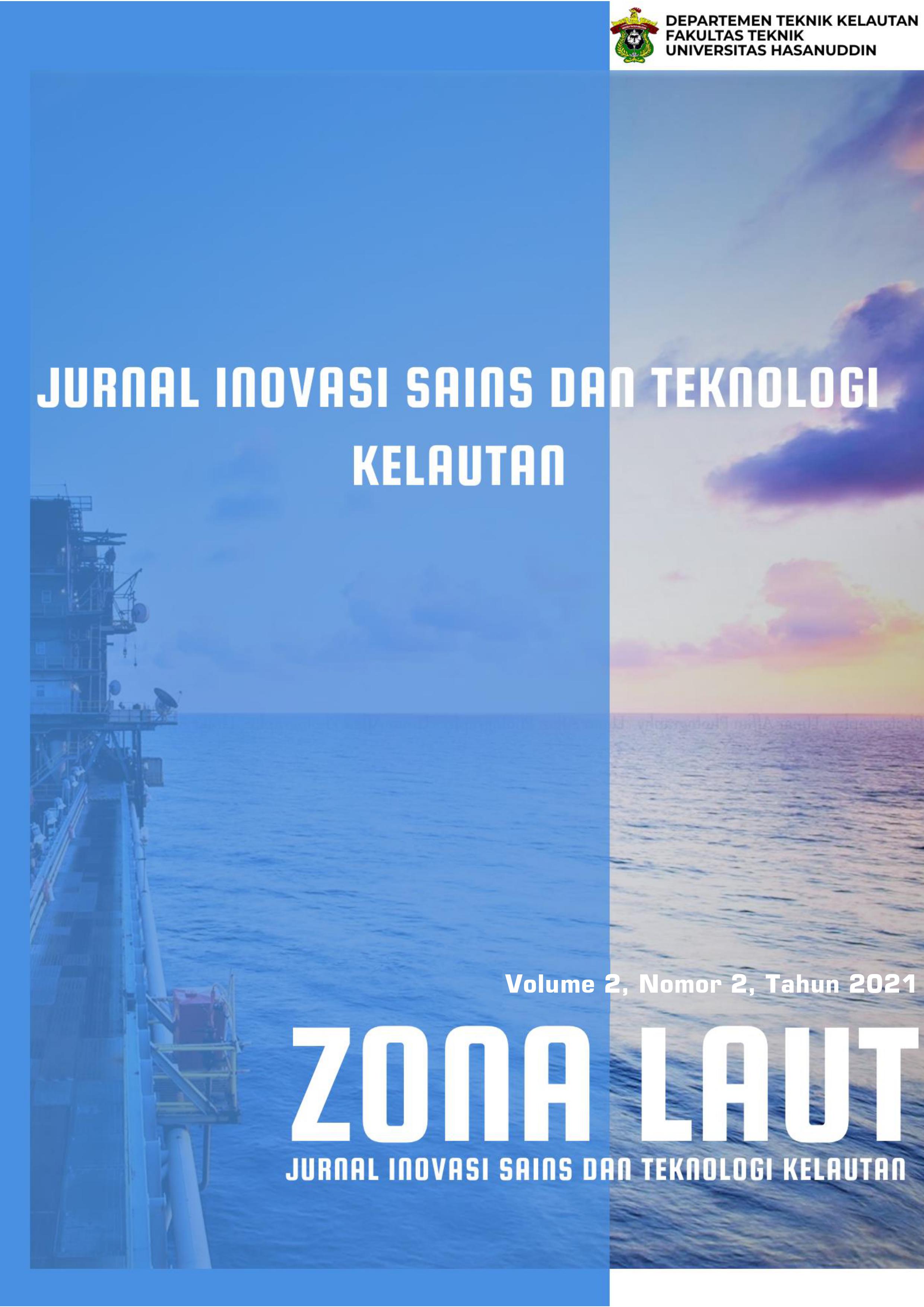Design of Profile Construction on General Cargo Ships Using the Ship Comparative Method
Main Article Content
Abstract
General cargo ship is a ship that carries various kinds of cargo in the form of goods. The goods transported are usually packaged goods. The main size of the ship was obtained using the comparative regression method which was based on the data of the 2 comparison ships obtained from the Korean Register of Shipping (KRS). In this study, a general cargo ship profile construction design is planned which is designed according to the main size of the ship in accordance with the rules of the Indonesian Classification Bureau Rules. From the planning results obtained for ships with a capacity of 17000 DWT obtained ship dimensions with length over all (LOA) 153.45 m, length between prependiculars (LBP) 144.24 m, Length on load waterline (LWL) 147.85 m, width (B) ) 25.27 m, height (H) 13.5 m, draft (H) 9.52 m, speed (V) 14.75 knots. This comparison method facilitates ship design with more accurate results.
Downloads
Article Details

This work is licensed under a Creative Commons Attribution 4.0 International License.
Allow anyone to modify, improve, and make derivative works, even for commercial purposes, as long as they credit to you for the original work.
Deprecated: json_decode(): Passing null to parameter #1 ($json) of type string is deprecated in /home/journal33/public_html/plugins/generic/citations/CitationsPlugin.inc.php on line 49
References
Harvald phoels “Ship design and ship theory,” University of Hannover.
Sumarjono,WA. “Konstruksi kapal I dan II,” Fakultas Teknologi kelautan Jurusan Perkapalan ITS, Surabaya.
A. Ma’ruf, D. Paroka, dan H. Palippui, “Analisa Pengaruh Jumlah Muatan Terhadap Beban Sloshing Tangki Pada Kapal Tanker Dengan Metode Numerik”, zonalaut, vol. 2, no. 1, hlm. 7-13, Mar 2021..
Rawson. Basic Ship and Theory 1966 : Lonhman Scientific and Technical.
Thomas. Gilmen , Introduction to Naval Architecture, London and F.N.Spon : Great Britania 1982.
Biro Klasifikasi Indonesia (1996) “Rule for the classification and Construction of Sea going Ship,” Volume II.

